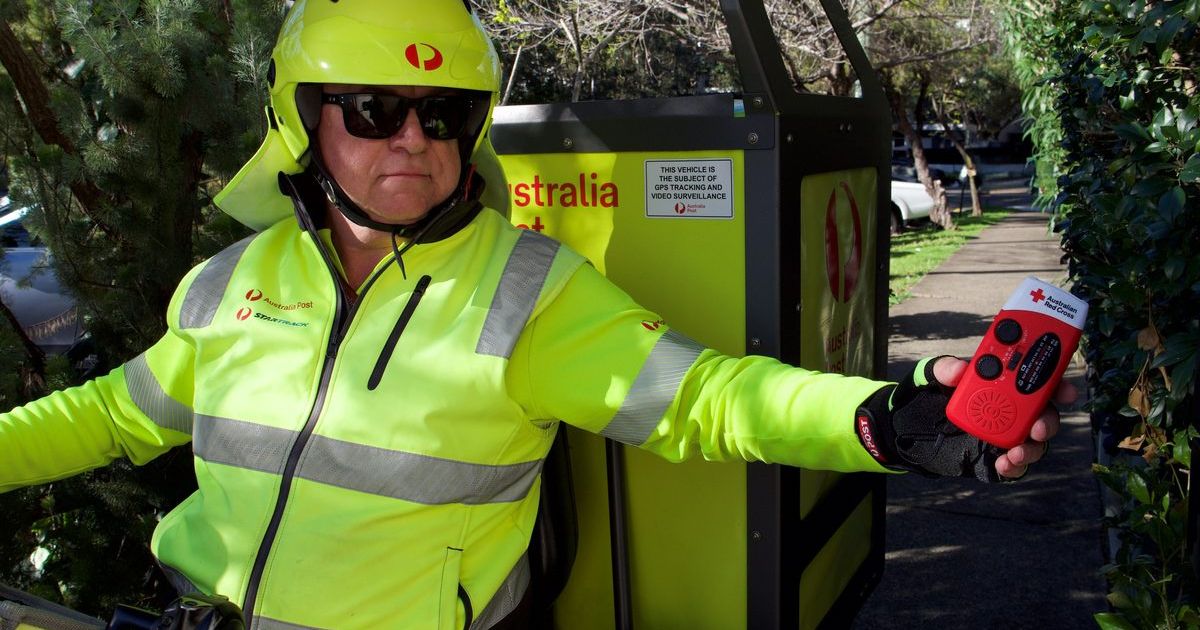Call for women to test genes

Support: Christine Christie urged women to advocate for themselves and consider genetic testing for risks related to ovarian and breast cancer. Photo: SUPPLIED
ONE Bendigo woman is urging others to embrace genetic testing as a way of helping to understand the risks and treatment options of ovarian cancer.
In 2014, when she was 48, Christine Christie discovered her family has a history of the BRCA1 gene mutation that leads to a higher risk of ovarian and breast cancer.
She said when she found out, she moved quickly to undergo preventative surgeries, and got involved with leading women’s cancer organisation Pink Hope.
“It’s great to have people you can talk to, that can help educate and provide resources for women, so we get a better understanding of the issues we have to deal with,” Ms Christie said.
“When I found out I did have a higher risk of breast and ovarian cancer, it gave me tools and knowledge to be able to move forward and put in place strategies to deal with these risks. Not only for me but for my genetic relatives as well.”
This week, Pink Hope launched its Ovarian Cancer: Testing Times campaign, which encourages genetic testing to discover any gene mutations and tumour testing for women diagnosed with ovarian cancer to understand what treatment options are available.
“If you can find out your predisposed to a higher risk of cancers before you get cancer, it’s the ultimate in preventative medicine and preventative health,” Ms Christie said.
“I know some people feel they’ll rather not know and they’ll take their chances, but for me, knowing my risk or knowing if my family carried a risk was pretty important.”
Ovarian cancer may be linked to inherited genetic mutations, or gene mutations in the tumour itself.
“If you can get the tumour tested and identify any genetic mutations within that tumour that can open up further treatment options? Absolutely, advocate for yourself,” Ms Christie said.
According to Pink Hope, 47 per cent of women are unsure if they have a history of cancer in the family.
Ovarian cancer is the leading cause of gynaecological cancer-related death in Australian women.


















